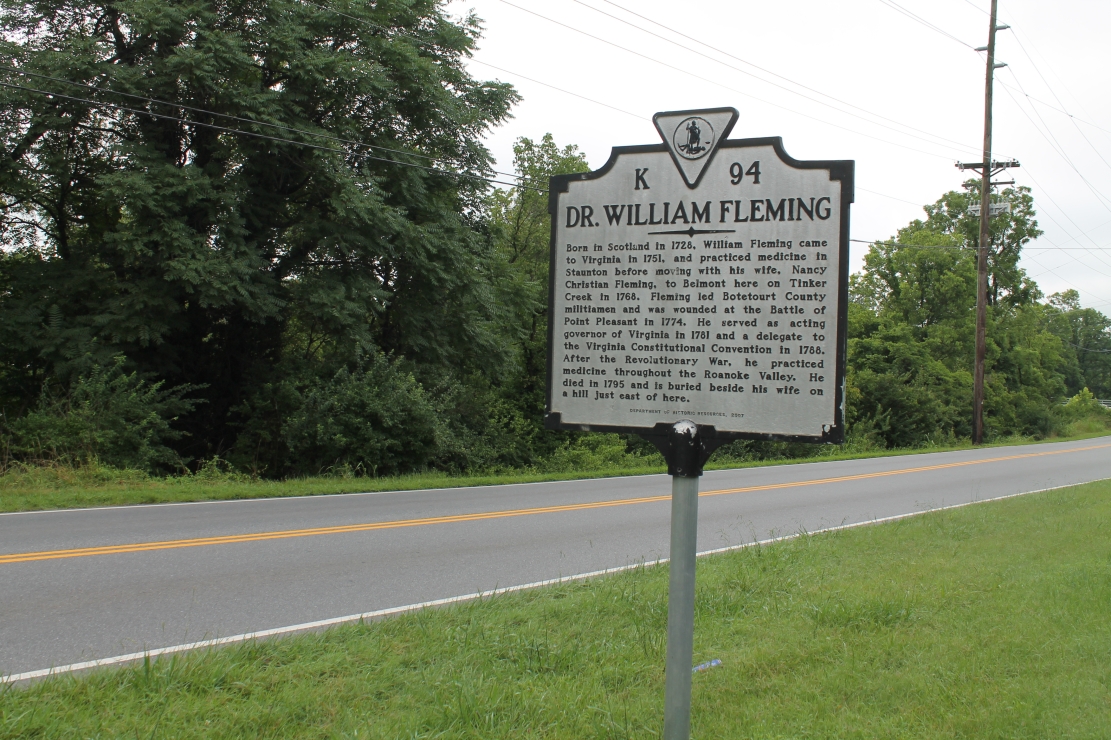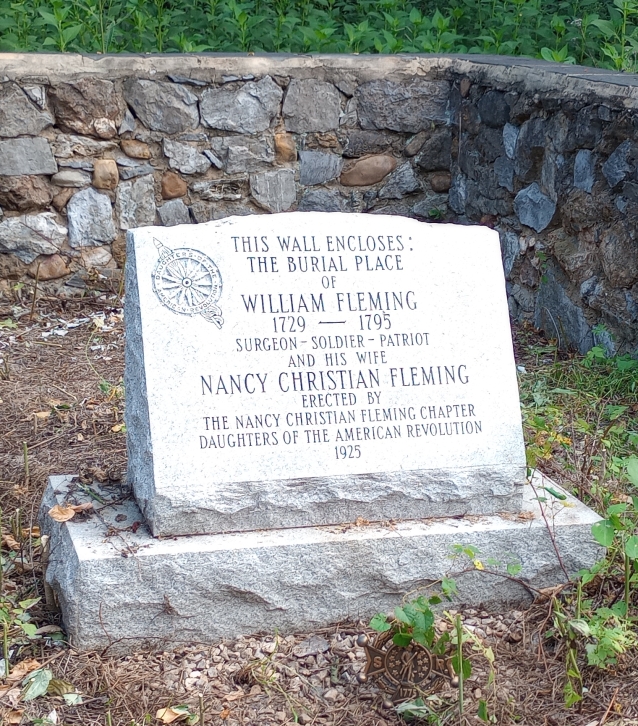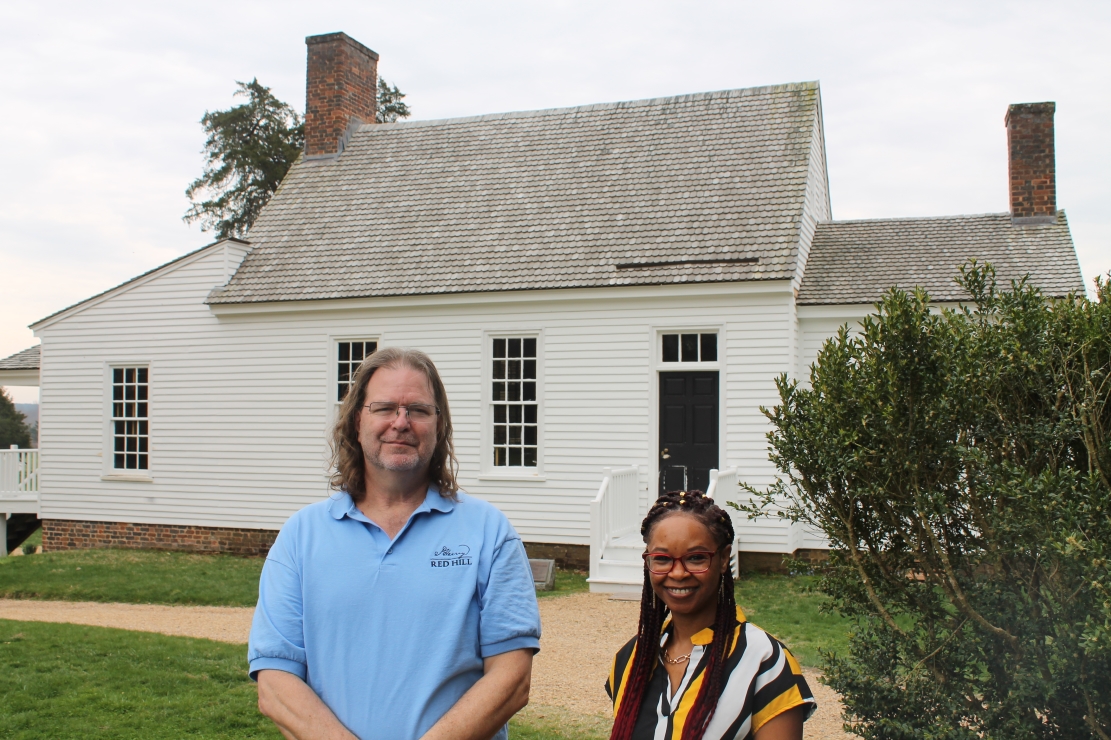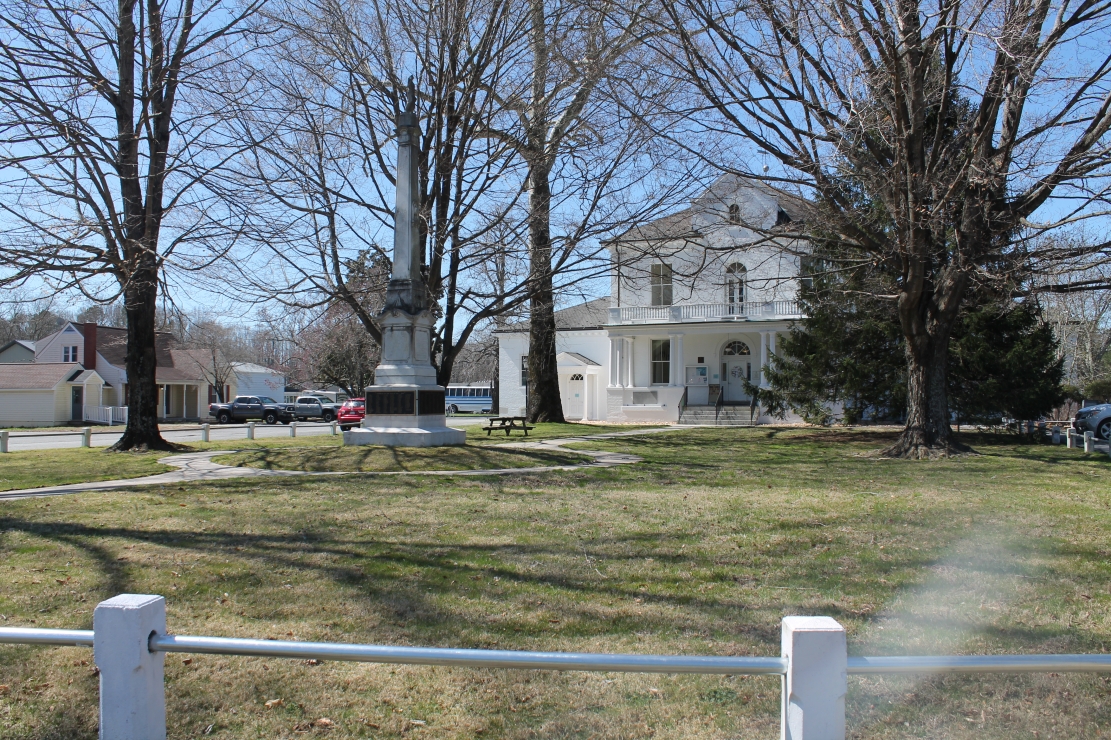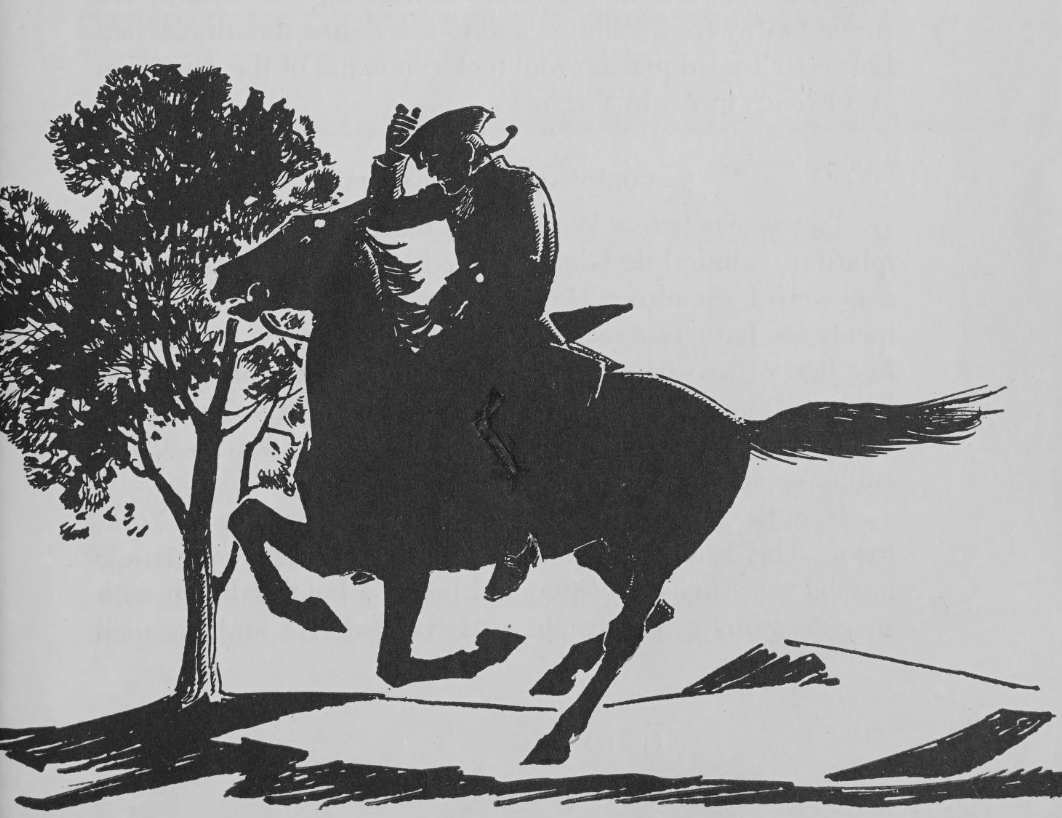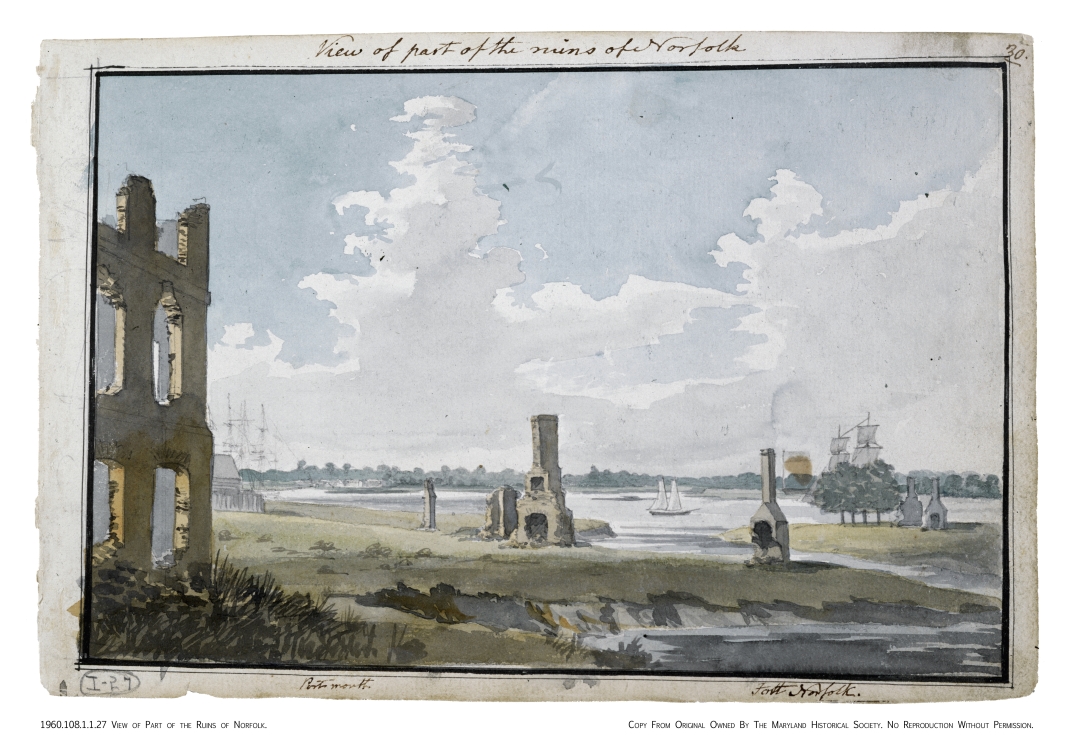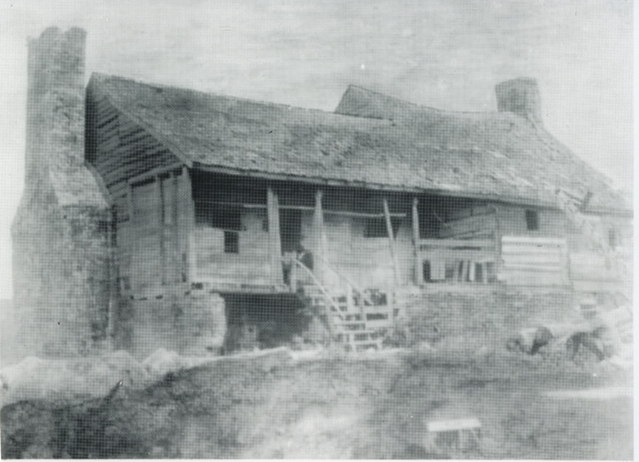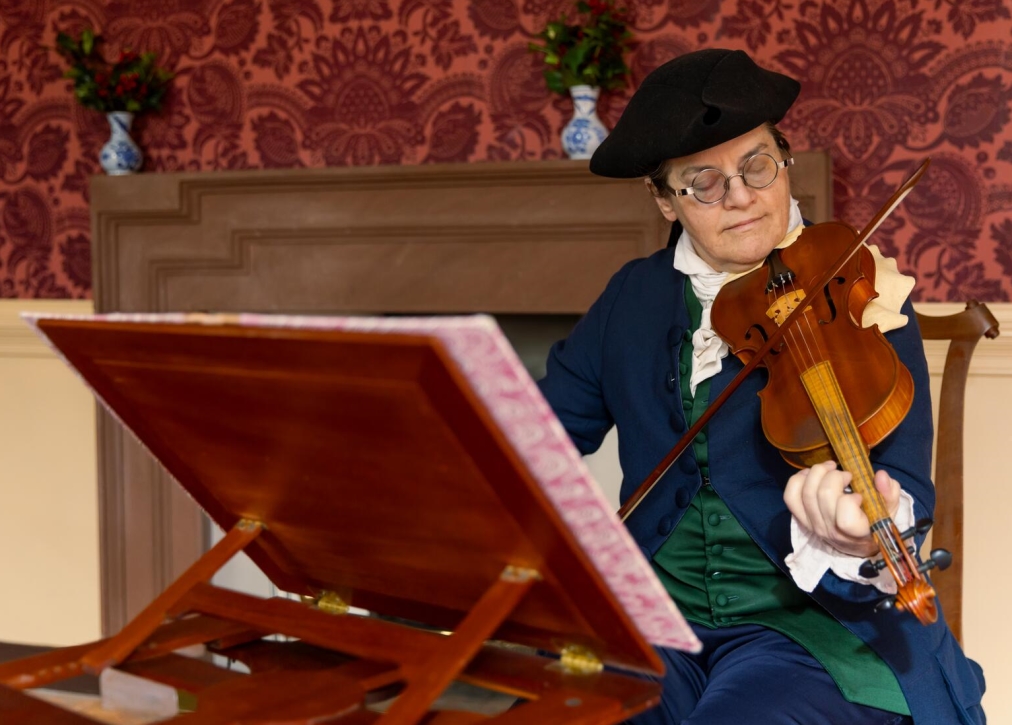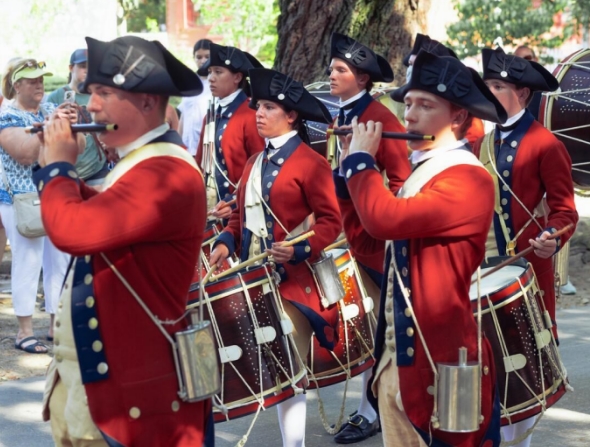When Thomas Jefferson’s term expired without a successor being chosen, this doctor from the Roanoke Valley took charge for eight eventful days.

Randy Walker
Randy Walker is a musician and freelance writer in Roanoke. He received a bachelor's degree in journalism from the University of North Carolina at Chapel Hill and was formerly a staff writer on (as it was then called) the Roanoke Times & World-News. He can be reached at randywalker7983@gmail.com.
William Fleming’s gravesite gets an overdue cleanup
The doctor who served as acting governor during a crucial period of the Revolution is buried in Roanoke.
Why Patrick Henry never had a mansion the way other famous founders did
This Founding Father preferred simplicity, “not like these other guys.”
The Northumberland County draft riot: ‘Almost the whole county was inflam’d’
Draft resistance in the Northern Neck led to one man being charged with murder, but an uprising blocked his trial.
The British came within minutes of capturing Thomas Jefferson. An alert tavernkeeper’s son saved him.
Jack Jouett is the Paul Revere of Virginia but Revere is not the Jouett of Massachusetts.
Jefferson: ‘Norfolk must be destroyed.’ Three provocative takeaways from a new book about Lord Dunmore, Virginia’s last royal governor
Andrew Lawler contends that Thomas Jefferson wanted to destroy urban, multiracial, capitalist Norfolk partly because it didn’t fit his vision of an agrarian slaveocracy, that Black slave ownership wasn’t the same as white slave ownership and that Patrick Henry manipulated white farmers into supporting the Patriot cause.
A revolution of the young and middle-aged
Most of the key participants in the American Revolution were surprisingly young.
How a now-defunct county in Southwest Virginia became the first to declare its willingness to fight Britain
This month marks the 250th anniversary of the Fincastle Resolutions, in which leaders in the now-defunct Fincastle County crossed a line on the way to independence.
The music of the Revolution was played by both the founders and enslaved musicians
Music was present throughout the American Colonies, but the artistry involved was deemed highest in the South.
Fife and drum signals served as ‘instant messaging on the battlefield’
Music was a military necessity in the 1700s. That’s how commanders relayed orders over the din of battle.


